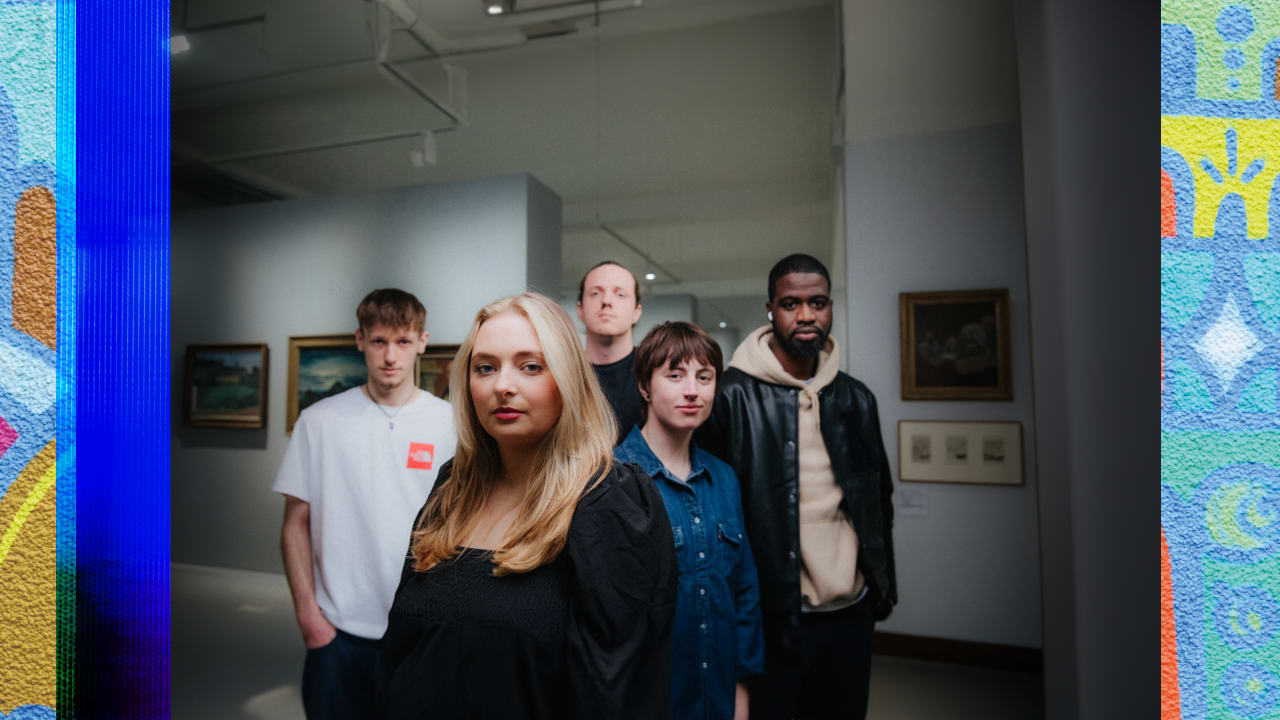
BA in Film Studies
University of Hull

Key Information
Campus location
Hull, United Kingdom
Languages
English
Study format
On-Campus
Duration
3 years
Pace
Full time
Tuition fees
GBP 15,400 / per year **
Application deadline
Request info *
Earliest start date
Sep 2024
* UCAS applications for 2024 open on 1 September 2023 and close by 31 January 2024, but we also consider later applications for most courses
** for EU/international students; fees for home students are £9,250 per year
Introduction
You could hardly choose a better place to study film. As the region grows in popularity as a film location, so do opportunities to get real-world experience in the industry.
Some work experience opportunities might arise through our involvement with Screen Yorkshire's Connected Campus: a scheme that can help you prepare for life in the film and TV industry through masterclasses, workshops and visiting speakers.
You'll benefit from brand-new facilities – like the refurbished Middleton Hall, where we've invested £9.5 million to create a superb venue featuring a surround-sound cinema and an industry-standard filming and editing suite.
You’ll be taught by enthusiastic, knowledgeable staff who are film fans as much they are academics. They include Dr Amy Davis, an internationally respected Disney scholar, as well as experts in horror, East Asian cinema and TV drama.
Creativity lives and breathes at the University of Hull. Always has done, always will. It’s central to what universities do. But at Hull, we’re building something that goes far beyond our four walls.
How you'll study
Throughout your degree, you’re expected to study for 1,200 hours per year. That’s based on 200 hours per 20 credit module. And it includes scheduled hours, time spent on placement and independent study. How this time’s divided among each of these varies each year and depends on the course and modules you study.
6 reasons to study Film at Hull
- 95.2% graduate employability rating#
- Surround-sound cinema in Middleton Hall
- State-of-the-art filming and editing suite
- Study with experts in genres from Disney to horror
- Part of Screen Yorkshire's 'Connected Campus'†
- Combine cinema theory with hands-on film skills
Career Opportunities
Your future prospects
- TV/film producer
- Publisher
- Costume designer
- Crew/events manager
- Charity worker
- Marketing professional
Our connections with the region’s film and media industry provide you with opportunities to get invaluable work experience while studying.
Our graduates develop skills that are prized in many professions and acquire the adaptability to flourish in various arenas.
Gallery
Curriculum
The course consists of 120 credits per year. Most modules are 20 credits, meaning you’ll study six modules each year. Some longer modules, such as a dissertation, are worth more (e.g. 40 credits). In these cases, you’ll study fewer modules - but the number of credits will always add up to 120.
First year
Compulsory
- The Craft of Filmmaking
- Writing Criticism
- Film Style and Technology
- Production Studies
- Screen, Nation, Identity
- History of Hollywood Cinema
Second year
Compulsory
- Screening Genders
- Representing Reality, Disclosing Truth, and Capturing the Everyday
Optional
- Moving Image Techniques
- American Alternative Cinema
- Narration in the Fiction Film
- American Animation History
- Television and Factual Production
- Work-Based Learning (Digital Media)
- Musical-Made America
Final year
Optional
- Dissertation
- East Asian Cinema
- Disney Studies
- Is Television History?
- Screen Production Project 1: Planning and Pre-Production
- Screen Production Project 2: Filming and Post-Production
- Global Nightmares: Contemporary Horror Cinema From Around the World
- American History by Hollywood
All modules are subject to availability and this list may change at any time.
Admissions
Program Tuition Fee
Scholarships and Funding
University of Hull Faculty of Arts, Culture and Education Undergraduate Scholarship 2022
The University of Hull is offering scholarships for international students beginning year one of a full time, undergraduate programme within our Faculty of Arts, Culture and Education starting in September 2022. The award is as follows:
5 x 50% scholarships for three years of undergraduate study for international students studying on programmes within the Faculty of Arts, Culture and Education. This scholarship will be awarded as a tuition fee reduction.